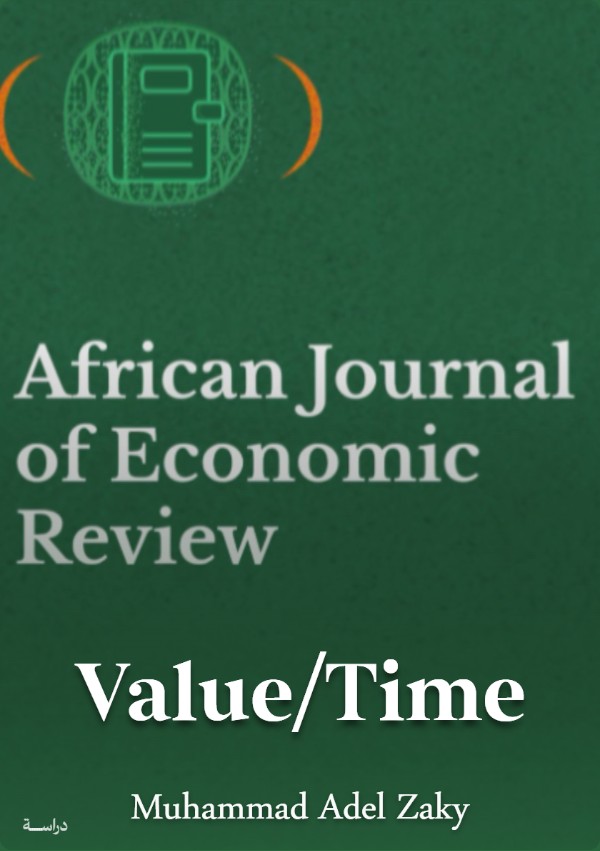This study offers a critical reflection on the concept of value as it has taken shape in political economy, resuming the debate from where both classical political economy and Marxism had left it. It does not merely recall the old categories but proposes a reconstruction of the very measure of value by introducing the element of time into its determination—an element long neglected since the writings of the nineteenth century. From this perspective, the study reconsiders the dialectical relationship between humans and machines, not as a simplistic opposition between labor and technology, but as a deeper understanding of how value is formed within a civilization that continuously reproduces the conditions of its own existence. Technological progress does not lead to the erasure of value but rather to a reshaping of the conditions of its production and distribution in accordance with prevailing forms of social domination. The machine does not eliminate labor; it reorganizes it and generates through it new forms of labor in different economic spaces. Technology, while reducing the individual value of goods and labor, does not do so as a manifestation of social progress, but rather as the outcome of a social struggle between productive forces and forces of domination. In response to Western theses that herald the end of labor and the disappearance of value under the banner of the "technological revolution," this study adopts a critical stance that reasserts the centrality of labor. It emphasizes that value—as a historical social relation—does not vanish but rather transforms in its modes of appearance. It also demonstrates that capitalism, in the face of these transformations, does not collapse but instead reproduces itself through mechanisms of adaptation to what appears to be its own negation. This text does not merely trace the impact of technology on political economy; it proposes an alternative theoretical path for understanding value—one that places time at the heart of the analysis, affirming the underlying dialectic between labor and technique, between society and machine, and between value and time.
This study offers a critical reflection on the concept of value as it has taken shape in political economy, resuming the debate from where both classical political economy and Marxism had left it. It does not merely recall the old categories but proposes a reconstruction of the very measure of value by introducing the element of time into its determination—an element long neglected since the writings of the nineteenth century. From this perspective, the study reconsiders the dialectical relationship between humans and machines, not as a simplistic opposition between labor and technology, but as a deeper understanding of how value is formed within a civilization that continuously reproduces the conditions of its own existence. Technological progress does not lead to the erasure of value but rather to a reshaping of the conditions of its production and distribution in accordance with prevailing forms of social domination. The machine does not eliminate labor; it reorganizes it and generates through it new forms of labor in different economic spaces. Technology, while reducing the individual value of goods and labor, does not do so as a manifestation of social progress, but rather as the outcome of a social struggle between productive forces and forces of domination. In response to Western theses that herald the end of labor and the disappearance of value under the banner of the "technological revolution," this study adopts a critical stance that reasserts the centrality of labor. It emphasizes that value—as a historical social relation—does not vanish but rather transforms in its modes of appearance. It also demonstrates that capitalism, in the face of these transformations, does not collapse but instead reproduces itself through mechanisms of adaptation to what appears to be its own negation. This text does not merely trace the impact of technology on political economy; it proposes an alternative theoretical path for understanding value—one that places time at the heart of the analysis, affirming the underlying dialectic between labor and technique, between society and machine, and between value and time.
المزيد...

